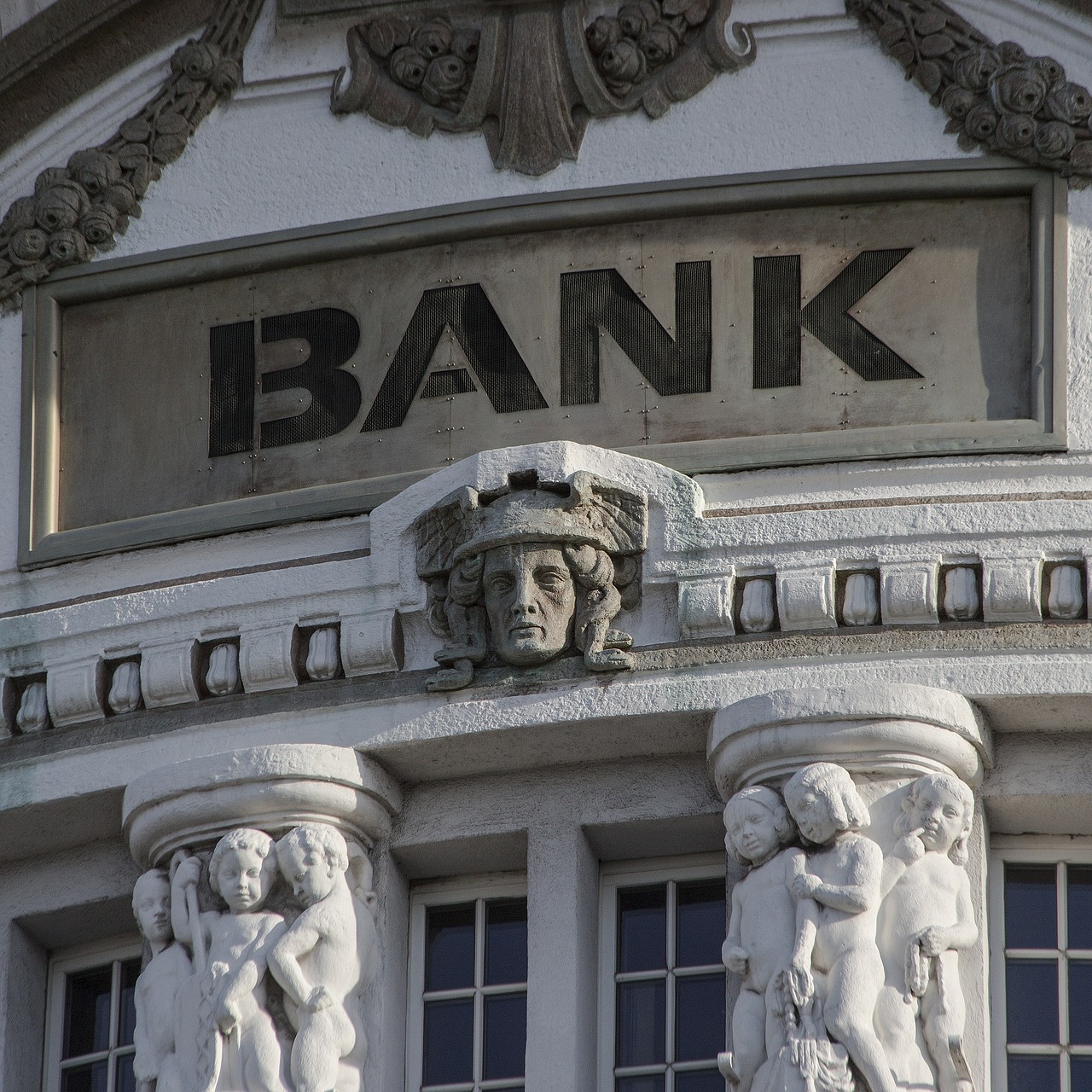A bank check is a type of negotiable instrument issued by a bank, guaranteeing payment of a specific amount of money to a designated payee. In the context of real estate transactions, bank checks are commonly used for various purposes, including:
Understanding Bank Checks in Canadian Real Estate Transactions
What is a Bank Check?
A bank check is a type of negotiable instrument issued by a bank, guaranteeing payment of a specific amount of money to a designated payee. In the context of Canadian real estate transactions, bank checks are commonly used for various purposes, including:
- Earnest Money Deposits: When making an offer on a property, buyers often provide an earnest money deposit to show their commitment to the purchase. This deposit is typically in the form of a bank check, which is held in escrow by a third party until the transaction is finalized.
- Down Payments: At closing, buyers are required to pay a down payment on the purchase price of the property. This down payment can be made in the form of a bank check.
- Closing Costs: In addition to the down payment, buyers are typically responsible for paying closing costs, which can include fees for title insurance, appraisal, attorney’s services, and other expenses. These costs can also be paid with a bank check.
Why Use Bank Checks in Canadian Real Estate?
Bank checks offer several advantages for buyers and sellers in Canadian real estate transactions:
Security:
- Guaranteed payment: Bank checks are issued by a financial institution, which guarantees payment. This provides a level of security for both buyers and sellers.
- Reduced risk of fraud: Compared to cash or personal checks, bank checks are less susceptible to fraud.
- Traceability: If a bank check is lost or stolen, it can be traced back to the issuing bank.
Convenience:
- Easy to obtain: Bank checks can be easily obtained from most Canadian banks.
- Widely accepted: Bank checks are accepted by most real estate professionals and service providers.
- Familiar process: The process of writing and using a bank check is familiar to most people.
Recordkeeping:
- Paper trail: Bank checks create a paper trail that can be used for recordkeeping purposes. This can be helpful in case of disputes or audits.
- Proof of payment: A bank check serves as proof of payment. This can be important in case of future legal issues.
While electronic funds transfers (EFTs) are becoming increasingly popular in Canadian real estate transactions, bank checks still have a place in the industry. They offer a secure, convenient, and reliable method of payment.
Important Considerations When Using Bank Checks in Canadian Real Estate
When using bank checks in Canadian real estate transactions, it is important to keep the following in mind:
Funds Availability:
- Sufficient funds: Before issuing a bank check, ensure that there are sufficient funds in your bank account to cover the amount of the check.
- Overdraft protection: If you are concerned about overdrawing your account, consider setting up overdraft protection. This will help to prevent bounced checks.
Endorsement:
- Proper endorsement: The payee must endorse the check before it can be cashed or deposited. The endorsement should match the name on the check.
- Joint payees: If the check is made out to multiple payees, all payees must endorse the check.
Timeliness:
- Prompt issuance: Bank checks should be issued promptly to avoid delays in the closing process. Late payments can lead to penalties or even the termination of the transaction.
- Deadline awareness: Be aware of any deadlines for issuing bank checks, such as deadlines for earnest money deposits or closing costs.
- Allow for processing time: Remember that it may take a few days for a bank check to clear. Factor this into your planning when scheduling the closing.
By following these guidelines, you can help to ensure a smooth and efficient real estate transaction.
Alternatives to Bank Checks
In recent years, there has been a growing trend towards using electronic funds transfers (EFTs) instead of bank checks for Canadian real estate transactions. EFTs offer several advantages, including:
- Speed: EFTs are typically faster than bank checks. This can help to expedite the closing process.
- Security: EFTs are generally considered more secure than bank checks, as they reduce the risk of lost or stolen checks.
- Convenience: EFTs can often be completed online, making them more convenient for both buyers and sellers.
- Cost-effective: In some cases, EFTs may be more cost-effective than bank checks.
Common types of EFTs used in real estate transactions include:
- Wire transfers: A wire transfer is a direct transfer of funds from one bank account to another. This is often the preferred method for large transactions, such as down payments and closing costs.
- Automated Clearing House (ACH) transfers: ACH transfers are electronic payments processed through a network of banks. They are often used for smaller transactions, such as earnest money deposits.
Despite the benefits of EFTs, some buyers and sellers may still prefer the traditional method of using bank checks. This may be due to personal preference, familiarity with the process, or concerns about the security of electronic transactions.
Ultimately, the best method of payment for a real estate transaction will depend on the individual circumstances of the buyer and seller. It is important to discuss your options with your real estate agent or attorney to determine the most suitable method for you.
Understanding bank checks is essential for anyone involved in a real estate transaction. By knowing how they work and when to use them, you can ensure a smooth and efficient closing process.
To buy your dream home or investment property, contact me directly at 647-995-3391 or via email [email protected]. You can also visit my website by clicking here.





